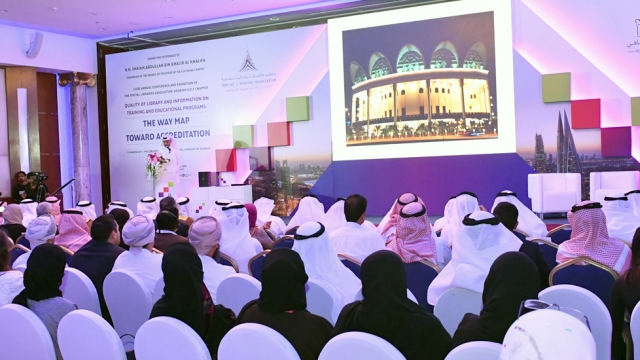
If you ignore diversity, you aren’t serious about performance
Diversity is one of the most powerful motivators for a group to search for novel information and perspectives, and leads to better decision making and problem solving. That’s the conclusion Professor Phillips draws in a Scientific American article based on an extensive multi-disciplinary study of current and past research. Phillips writes:
Diversity is not only about bringing different perspectives to the table. Simply adding social diversity to a group makes people believe that differences of perspective might exist among them and that belief makes people change their behavior … diversity works [by] promoting hard work and creativity; by encouraging the consideration of alternatives even before any interpersonal interaction takes place.
An important caveat on this finding is that the diverse groups must understand and accept the need for cooperation and consensus. Research into generalised group dynamics where people have a heightened awareness of the similarities and differences of others in a group (sometimes termed “ingroup and outgroup” studies) has found that people will disproportionately reward their perceived ingroup members.
In other words, diversity is a double-edged sword. Awareness of difference can make people try harder. But that same perception of difference can strengthen ingroup-outgroup discrimination. An second and equally important strategy is required: to ensure that members of an organisation feel like they belong. And the strongest feelings of belonging come not from a simplistic one-size-fits-all belonging, but from having multiple senses of community. A study into the integration of migrants found that:
… identity and [multiple senses of community] were fundamental for participants’ well-being … migrants identify with cultures from their country of origin and receiving community and find both cultures protective factors. (emphasis added)
Put another way, people coming from outside feel more secure and accepted if they do not feel they have to cast aside previous identities when joining a new organisation. And the benefits of multiple senses of community flow the other way too. A study at Ohio State University found that people with “multiple social identities” were more tolerant and accepting of outgroups.
Organisations that accept and encourage rich social identities are best placed to gain the performance benefits of diversity while managing its potential drawbacks. It follows that any organisational strategy which ignores the need to consider and adapt an organisation’s approach to diversity and social identity isn’t serious about improving its performance either.
Source: Scientific American, Community Psychology in Global Perspective, Personal Social Psychology Bulletin



![Test Breathalyzer Civil Guard Breathalyzer Test [Pixabay image 337366]](https://realkm.com/wp-content/uploads/2018/06/test-337366_640.jpg)


